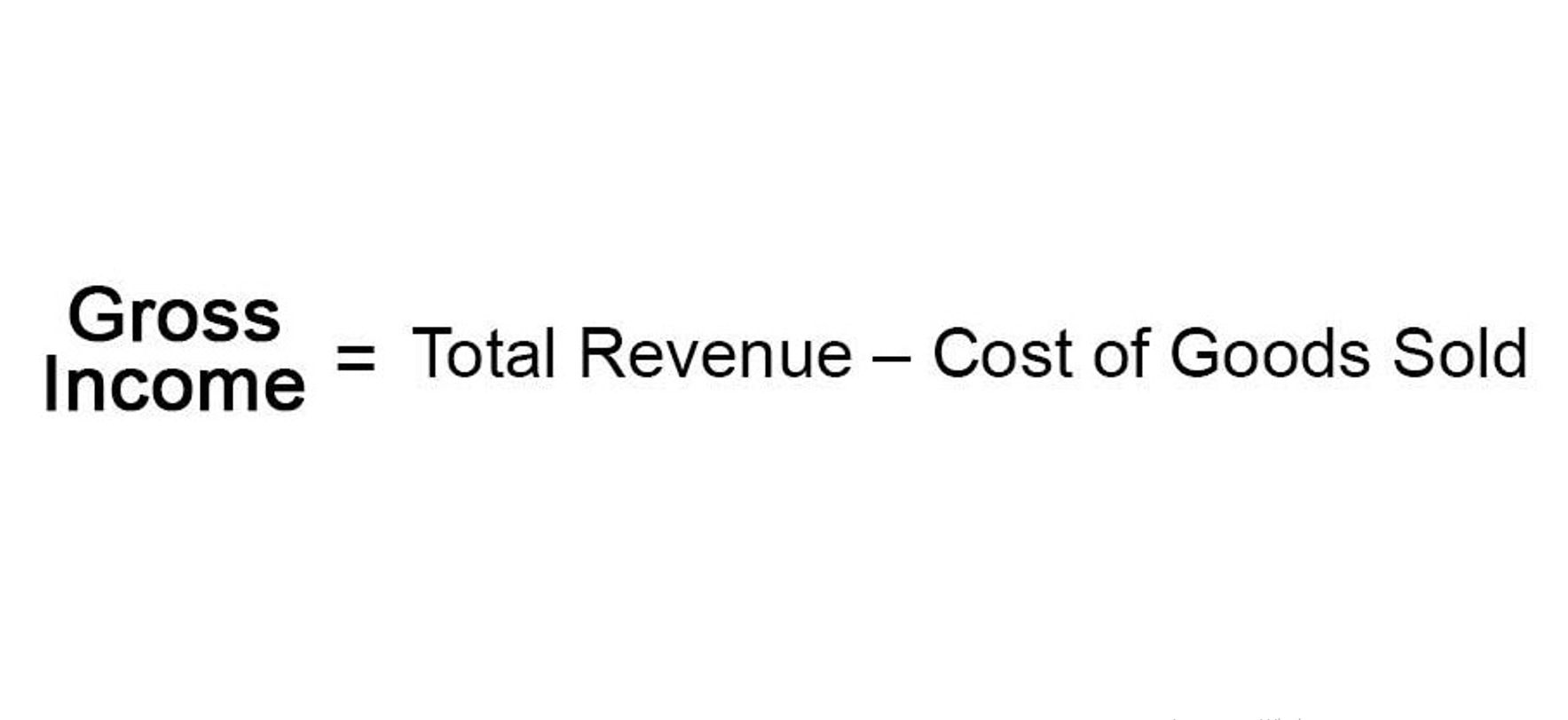
Through diligent record-keeping, bookkeepers contribute to the preparation of financial statements, which accountants later analyze. Bookkeeping is an organized way to track and record the details of income and expenses by a business using bookkeeping software or printed books or spreadsheets like Excel. Without bookkeeping, accountants would be unable to successfully provide business owners with the insight they need to make informed financial decisions. Bookkeeping is just one facet of doing business and keeping accurate https://www.bookstime.com/articles/chart-of-accounts-numbering financial records. With well-managed bookkeeping, your business can closely monitor its financial capabilities and journey toward heightened profits, breakthrough growth, and deserved success.
Access to detailed records of all transactions

Each transaction is recorded in the journal with details such as date, Certified Public Accountant description, accounts affected, and amounts. Whether you’re just getting started or a small business owner with a brilliant vision, you’ll need to implement some basic bookkeeping techniques. You can outsource the work to a professional bookkeeper, or you can do it alone.
- Bookkeeping plays a crucial role in helping businesses understand their financial well-being by providing them with a detailed and transparent overview of their monetary transactions.
- All in all, bookkeeping simply means tracking your business’s expenses and income.
- Accountants review the financial information gathered by the bookkeeper and analyze this data, assessing the business’s financial health.
- The data stored in your books can help you better understand your business’s financial position so you can make better financial decisions.
- It’s not uncommon for the terms «bookkeeping» and «accounting» to be used interchangeably.
Tax Preparation Course
Now that you’ve got a firm grasp on the basics of bookkeeping, let’s take a deeper dive into what is bookkeeping practicing good bookkeeping. The following three bookkeeping practices can help you stay on top of your business’s financial resources. It’s ideal for enterprises with accrued business expenses—or expenditures entered into the bookkeeping system on the purchase date rather than the payment date. Without a firm grasp of bookkeeping basics, it can be easy to confuse the terms bookkeeping and accounting and use them interchangeably.
Better tax preparation

The financial statements must show corresponding information for the preceding year(s) so that the users may be able to compare the financial performance, position and cash flows of different years. The measurement and display of the net financial effects of similar type of transactions must be treated in a consistent form. The recording of business transactions or activities is done through a process of accounting. Accounting is the art of recording, classifying, summarising and analyzing business transactions and interpreting the results thereof. In accounting, only those transactions and events are recorded which can be measured in terms of money. Maintaining financial records can become difficult and overwhelming without a bookkeeper, leading to missed payments, unbalanced books, errors, etc.


It plays a critical role in accounting, providing the underpinning data necessary for financial analysis and reporting. Accurate bookkeeping is pivotal for maintaining the financial health of a business. It serves as the groundwork for error-free reporting and strategic decision-making by management and investors. Financial statements are essential tools for conveying a company’s financial performance and economic condition. These reports offer comprehensive insights into the financial activities and outcomes for a designated period.

